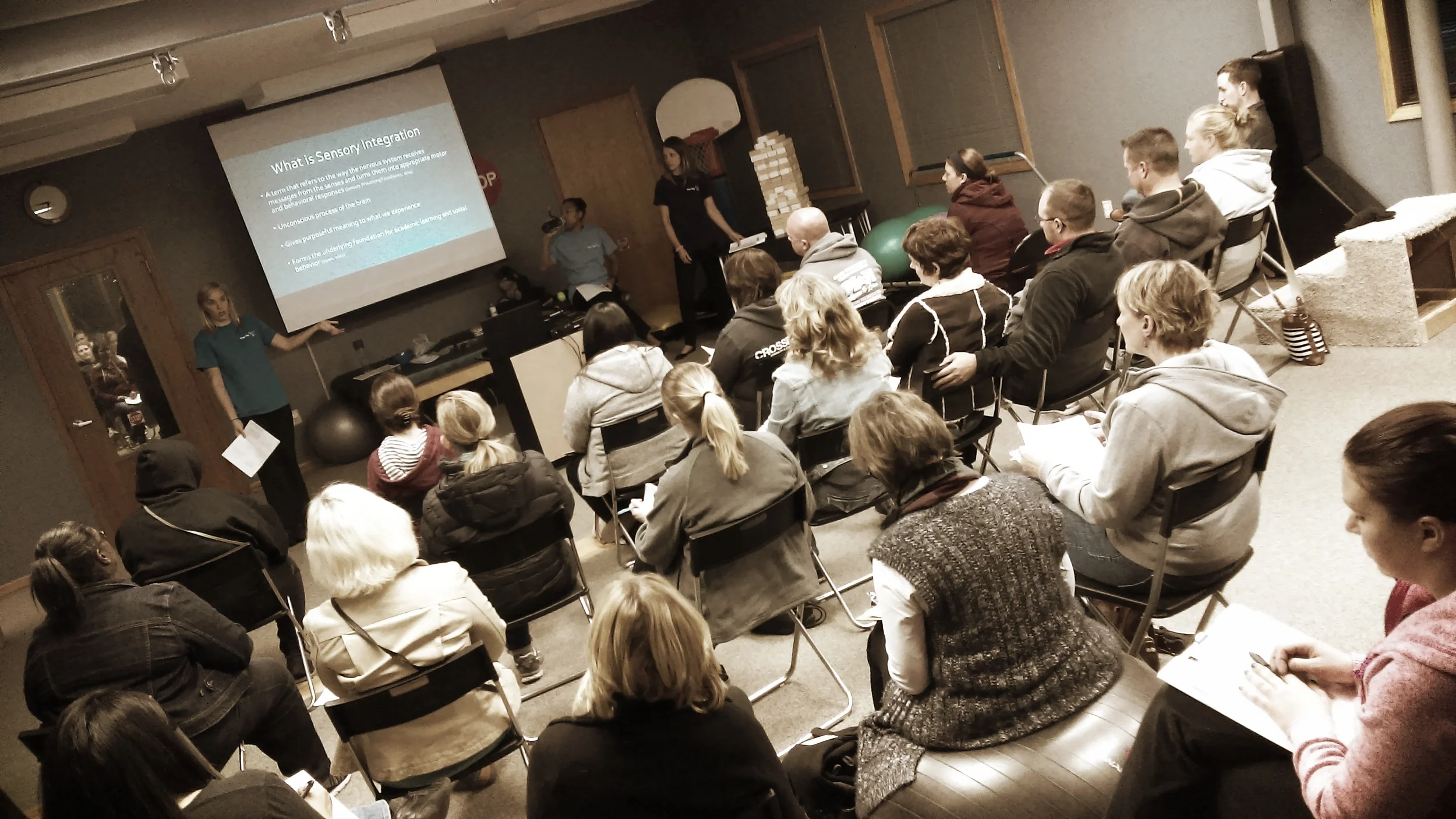Pacifiers: The Good and The Bad
/Purpose of pacifiers:
A pacifier is a way to calm babies and provide comfort through sucking. Sucking is a skill that is necessary for feeding. Premature babies often have great success with pacifiers to increase their feeding and weight gain. They can also be used in stressful situations or distinguish fussiness between meals. In addition, they are often used as a way to reduce reflux.
Does my child’s use of a pacifier affect their speech?
The use of a pacifier could potentially lead to dental problems, increased risk of ear infections, dependency, and has social impacts. Most professionals would agree that a child's opportunities for babbling, imitating sounds, and engaging in conversations are reduced if she or he has a pacifier in their mouth much of the time. It’s likely that a speech-language pathologist will recommend reducing pacifier use at a certain age.
When to take the pacifier away:
It’s common for a baby to depend on a pacifier for the first few months of life, maybe up to 12 months of age. The American Academy of Pediatrics recommends that a child begin weaning from the pacifier at 1 year of age. While many children will do this on their own, some may need some extra help to kick the habit.
Ways to decrease or eliminate the use of pacifiers:
Out of sight out of mind. Keep the pacifier(s) out of your child’s sight
Be consistent. If you give in once, he/she learns they can get what they want by pushing hard enough
Find other comfort items. Remember that your child is using their pacifier as a comfort tool, have something ready that can be a good substitute
Lots of praise. Provide an increased amount of positive attention when activities are completed without the pacifier
Donate to a good cause. We’re not really going to donate those used pacifiers, but think of others who might need them; babies, animals, etc. and “donate” the pacifier to those who need it
If you have any concerns about your child, please contact TOPS at 651-455-0561 or info@therapyops.com

